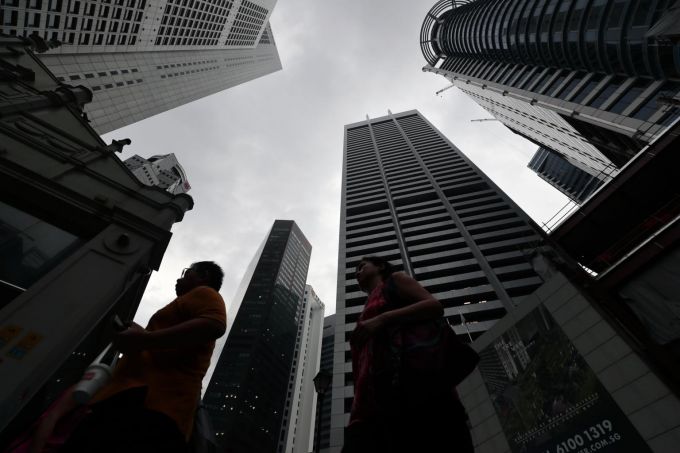PROPERTY investment sales in Singapore are likely to rebound as vaccination programmes are rolled out next year, with business sentiment picking up and border restrictions gradually eased, CBRE said in a press statement on Monday.
Michael Tay, head of capital markets for Singapore at CBRE, noted that the Singapore investment market has been resilient and has demonstrated its ability to recover from crisis situations in the past. “This was apparent post global financial crisis when real estate investment sales volume improved by a strong 265.4 per cent in 2010,” he said.
While investors are likely to remain discerning at the start of next year, they will still be in search of investments that provide higher returns, spurred by the low interest rate environment and ample liquidity, Mr Tay said.
As an investment destination, Singapore fits this bill given its “proven ability to handle the pandemic, macroeconomic stability and political-neutral stance”, he added.
As such, CBRE believes that property investment sales volume in the Republic is likely to rebound in 2021, led by residential, office and industrial sales. “There will also be renewed interest in retail and hospitality assets, as investors are on the prowl to buy these assets on the cheap,” the property consultancy group noted.
Year-to-date, preliminary real estate investment sales volume in Singapore amounted to S$10.03 billion, according to CBRE Research. This represents a 56.8 per cent drop from the previous year, marking the lowest investment sales volume since the financial crisis in 2009, CBRE said. On a quarter-on-quarter basis, Q4 2020 volume eased by 23.9 per cent to S$2.14 billion.
Desmond Sim, head of research for Singapore and South-east Asia at CBRE, noted that as a result of the pandemic, it was unsurprising that investors preferred to sit by the sidelines as they wait for value to emerge.
“This year, the low volume was also attributed to zero sizeable deals, which we define as transactions of more than S$1 billion. Due to the widening gap between buyer-seller expectations, some deals were unable to materialise. In fact, 68.9 per cent of the total deals in 2020 year-to-date were bite-sized transactions of less than S$25 million,” added Mr Sim.
Given the global travel restrictions, foreign capital inflows have almost halved from the previous year, dropping by 53 per cent year-on-year to S$3.18 billion in 2020. This was more pronounced in the second quarter when market activity was hindered by government-imposed restrictions, CBRE noted.
That said, real estate investment sales in 2020 were propped up by the luxury residential market and government land sales. Of the total investment sales volume of S$10.03 billion in 2020, residential sales made up 42.5 per cent. And of this S$4.26 billion of residential sales, S$1.52 billion was contributed by government land sales for residential use, CBRE said.
Encouraged by the strong sales in project launches, as well as the declining inventory of unsold units, developers have turned to government land sales and even the private market to acquire land. “This is evident from the strong bidding activity on the most recent tender close (Yishun Ave 9 and Tanah Merah Kechil sites), as well as the spate of en-bloc activity in Districts 14 and 15, where residential sites along Guillemard Road, Haig Road and Katong Road were sold,” CBRE said.
Separately, the office and industrial sectors also came in strongly, contributing 22.4 per cent and 14.5 per cent of investment sales, respectively. Despite telecommuting trends, prime office assets in Singapore remain attractive to investors for their stability and yield, according to CBRE.
Meanwhile, industrial assets saw a surge in demand this year due to stockpiling and e-commerce.
By Rachel Mui, The Business Times/ 21-Dec-20

